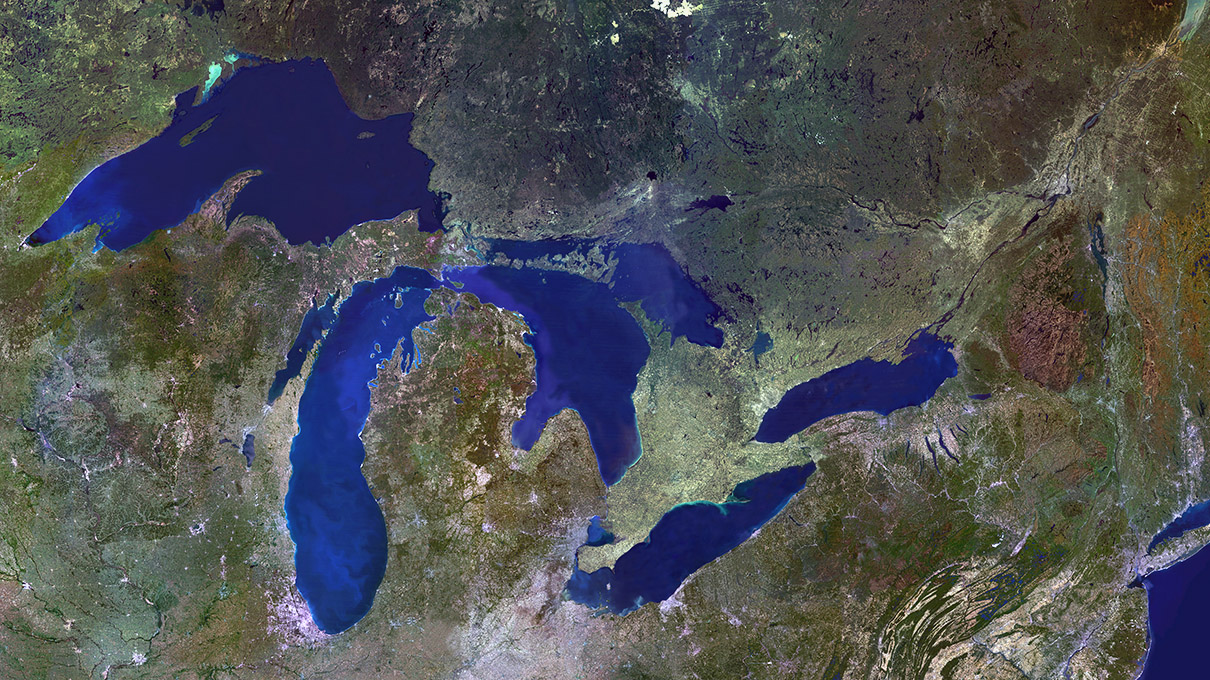A new partnership between the National Oceanic and Atmospheric Administration (NOAA) and the Great Lakes and St. Lawrence Cities Initiative will receive $500,000 in Great Lakes Restoration Initiative (GLRI) funding.
The funding aims to help with addressing fluctuating lake levels, shoreline erosion, coastal storms and climate change through nature-based solutions.
“Climate change and high-water levels on the Great Lakes are a threat to our shorelines and the livelihoods of Michiganders,” said Michigan Senator Gary Peters. “This partnership between NOAA and the Great Lakes and St. Lawrence Cities Initiative will help bolster our state’s shoreline resiliency and ensure the Great Lakes remain a vital natural resource and economic engine to local communities across Michigan.”
The Initiative will allow municipal leaders to access NOAA training and workshops to help fortify coastal habitats, increase capacity, and design restoration projects.
“I have seen firsthand how the coastlines in Michigan have been drastically impacted by flooding and erosion as a result of fluctuating Great Lakes water levels,” added Michigan Senator Debbie Stabenow. “This new partnership is important news and will help our coastal cities protect their shorelines, boost their economies and plan for the future.”
According to the NOAA, Phase 1 will result in four workshops to be held with municipal and natural resource managers across the Lake Michigan basin. The focus of the workshops will be to identify site-specific project work, and educate local officials on resources, tools, best practices, and engineering options for implementing sustainable solutions to disturbances in coastal areas. NOAA will offer coastal training through in-kind support as a precursor and complement to planning and execution of the workshops. Each workshop will result in a detailed report of the discussion and information garnered. A prioritized list of coastal restoration projects will be developed, along with a list of data gaps if they exist, for each project identified during the workshops. Phase 2 will focus on selecting a suite of municipal-scale projects that will demonstrate sustainable approaches for cities experiencing acute coastal problems. Engineering and design plans (e.g., 60-80% construction-ready status plans) will be developed for a minimum of two sites (more plans will be developed if money allows). Project partners will prioritize project selection based on a number of factors to be determined by the project team and primary partners.









